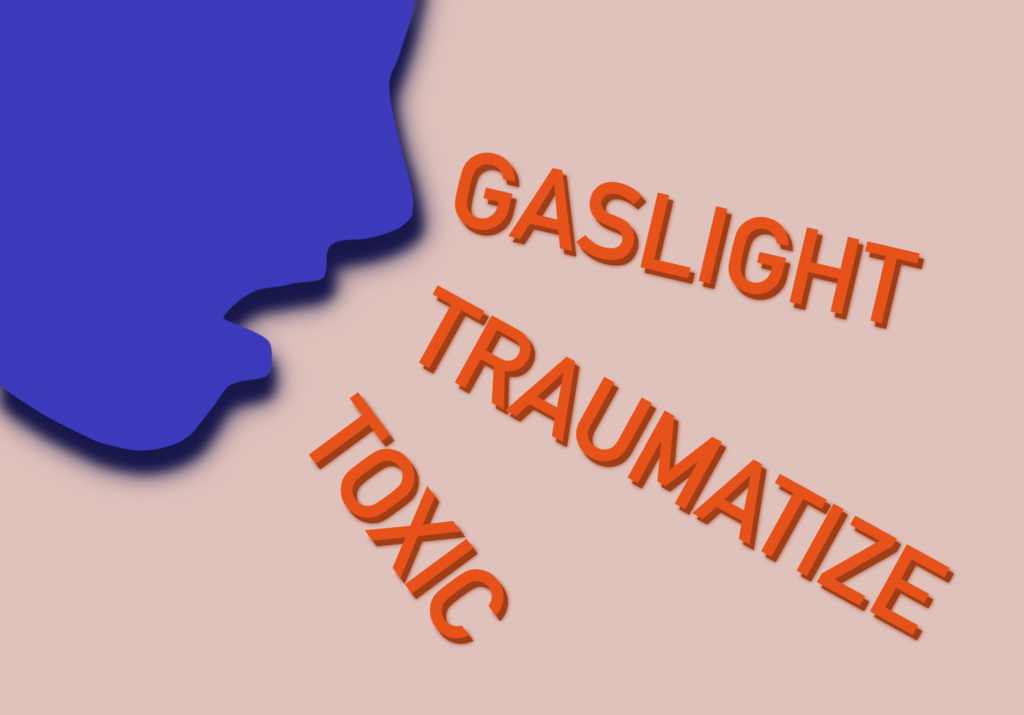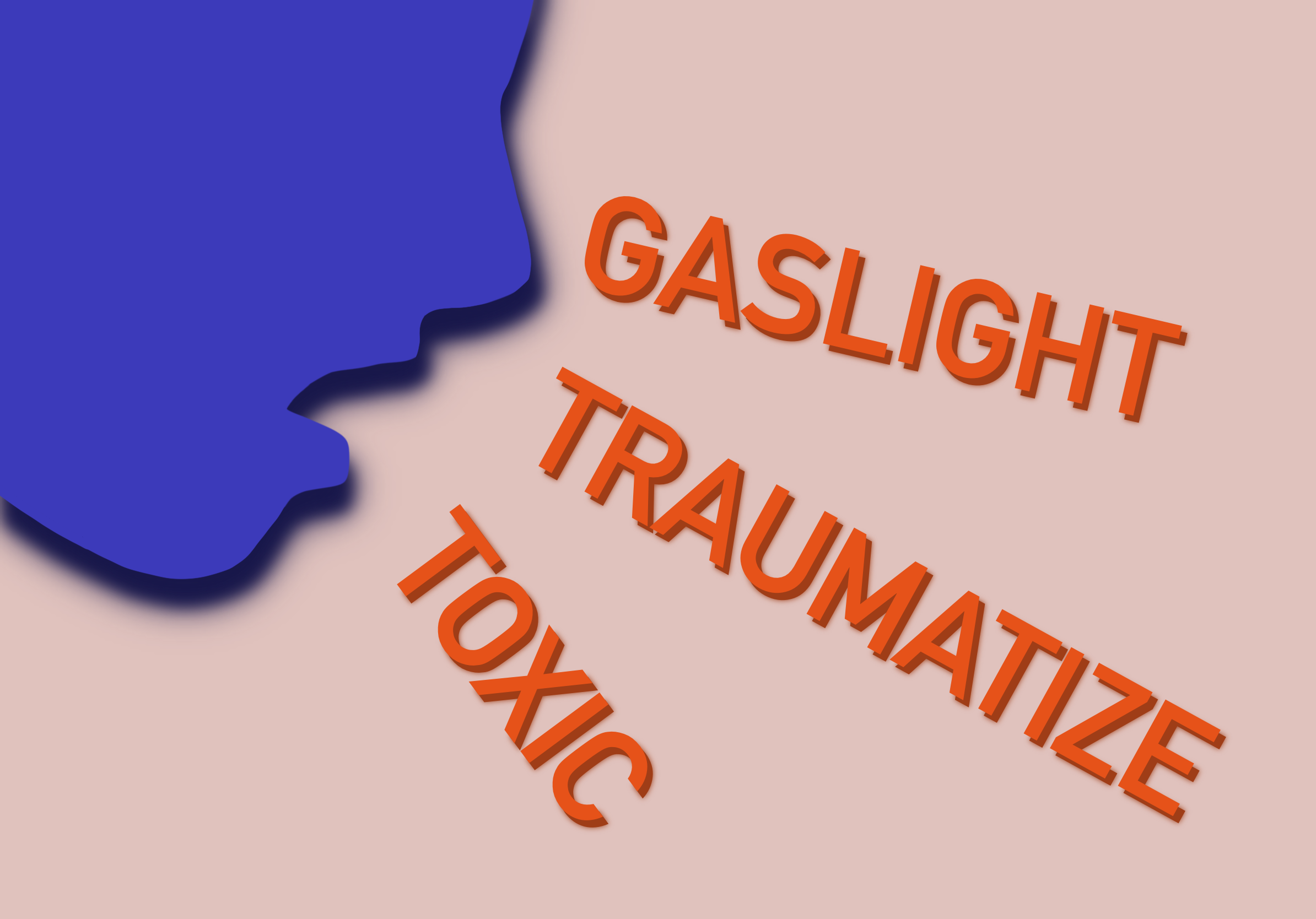The increased awareness of certain diagnostic terms to describe specific parts of the human experience has brought to the limelight a necessary distinction between the casual usages of these words, versus their “actual” meaning. This puts the community in a very tight spot: On one hand, spreading awareness and promoting transparency is amazing, but diminishing the value and importance of these experiences is not. Should we be allowed to have our cake and eat it too?
The consensus is a bit different today than it was back when mental health issues were surrounded by even stronger stigmas. Most of the developed world now acknowledges the prevalence of different mental illnesses and disorders, along with the multitude of difficult and damaging situations that can bring these about; for example, post-traumatic stress disorder (PTSD) is recognized in the DSM-V. The term “gaslight” has been used to describe behavior that is often normalized, but is abusive and manipulative in nature. The recent popularity of these topics surely contributed, and it’s a wonderful thing for those who used to suffer in silence. However, some tend to believe that we’ve “gone too far” in the movement to raise awareness. In requesting acceptance, more accommodations, and respect, –we are “asking for too much”.
Yet, there are so many today who have effectively adopted these terms and have used them inappropriately, overusing and oversimplifying the meaning and context, which makes it more likely for the public to incorrectly use them. How many of us actually know the complete meaning of “gaslight”? More importantly, how many of us are willing to go out of our way to find out? Not many — and the argument commonly used to counteract this point expresses this. Wasn’t the goal of awareness to bring the conversation surrounding human psychology to the masses, and if so, why do we continue to complain when so many people are no longer ashamed due to this new development? Where exactly are the consequences?
When viewing the community as a whole it’s easy to forget those who are still suffering in silence. People like me — a woman of color who has immigrant parents from a third-world country. A place where there is no such thing as “mental health awareness” — not even mere acknowledgement towards the very real traumas and lasting effects on the psyche. It’s important to acknowledge how far we’ve come.
I’ve felt the positive effects of the sudden wave of interest in mental health. A couple years ago during the infamous summer of 2020, I came across a TikTok video. It was a student, like myself, explaining the different symptoms of their disorder: ADHD. Typically I would have disregarded it and moved on, but the short video intrigued me. I could relate to them on most of their experiences — why? I didn’t have ADHD, or so I thought. As it turns out, after two years, I was officially diagnosed with attention-deficit hyperactivity disorder.
My story has a happy ending, sure. However, the journey was a rocky one. The greatest hurdle was the stigma surrounding my disability. How come people spoke so casually about everyone being “a little bit ADHD” when I had to fight and claw my way to a diagnosis? It seemed performative, especially when I was judged and stereotyped for something that was currently a trend. The wide-spread popularity of my disability initially raised my concern enough to seek a diagnosis, yes — but it also made it harder for me, and countless others, to be taken seriously. Why was ADHD treated like such a serious thing when almost everyone had a little bit of it?
Maybe it’s possible for an appropriate and sensitive conversation about mental health to exist under the spotlight. Certainly it’s not the fault of society for the current situation — the stigma exists within the industry as well. Furthermore, the separation of serious terms from everyday conversation is a complex issue, and so far there is no simple answer.
But in the meanwhile, we might as well have our cake.


